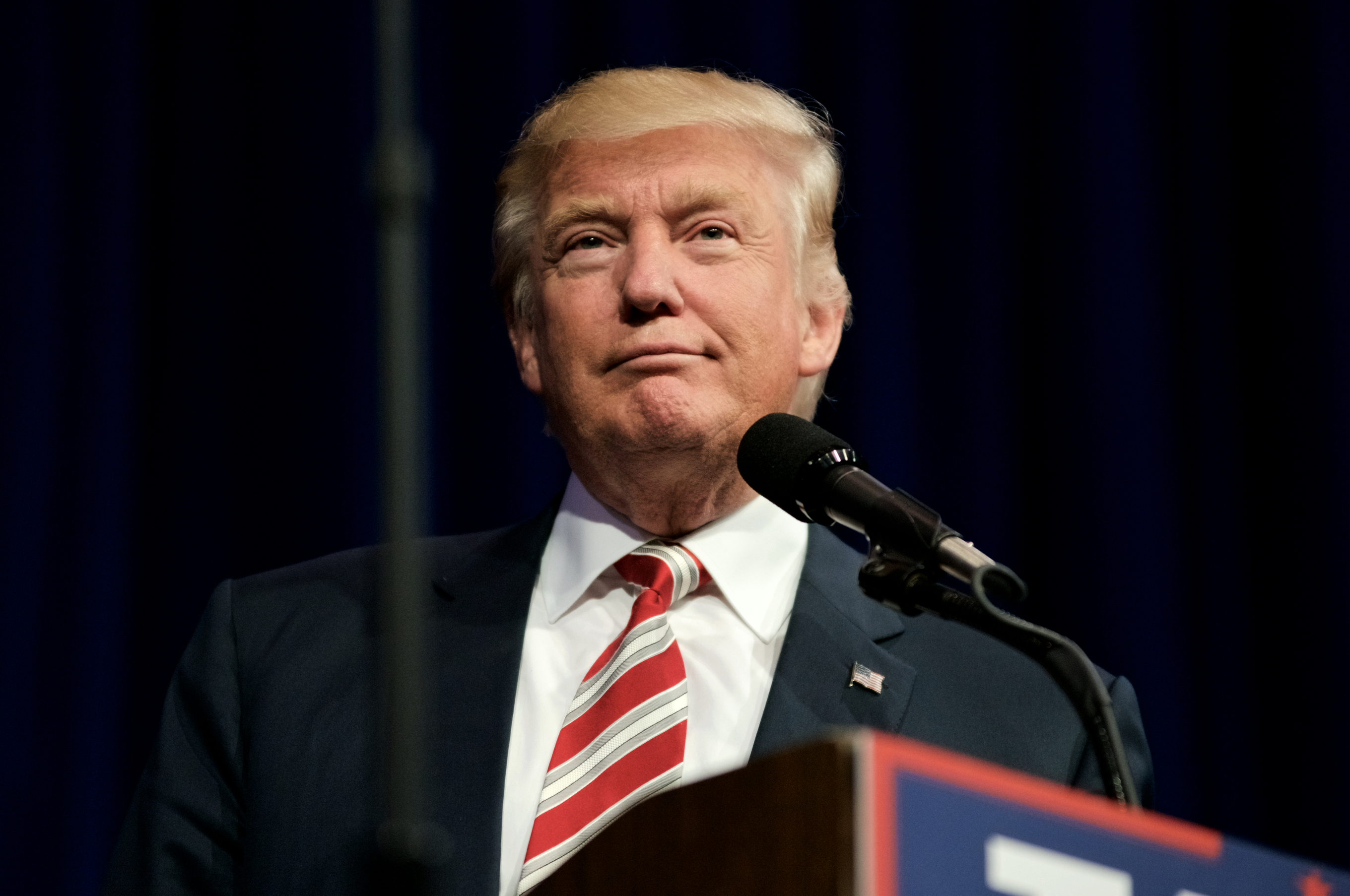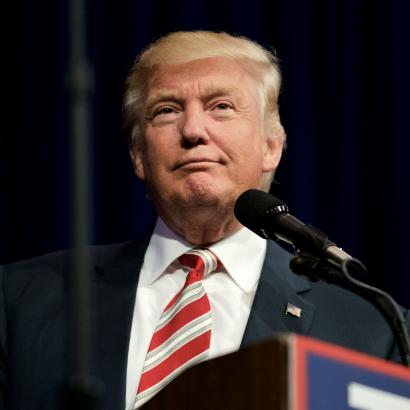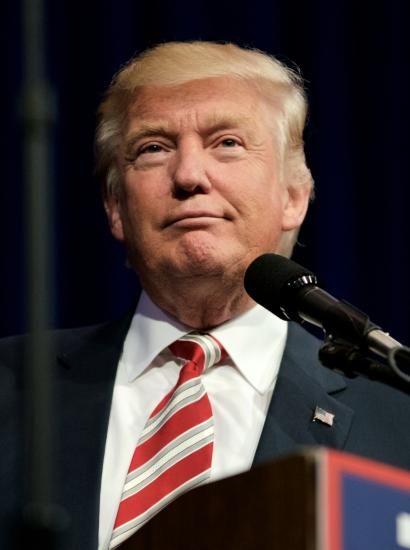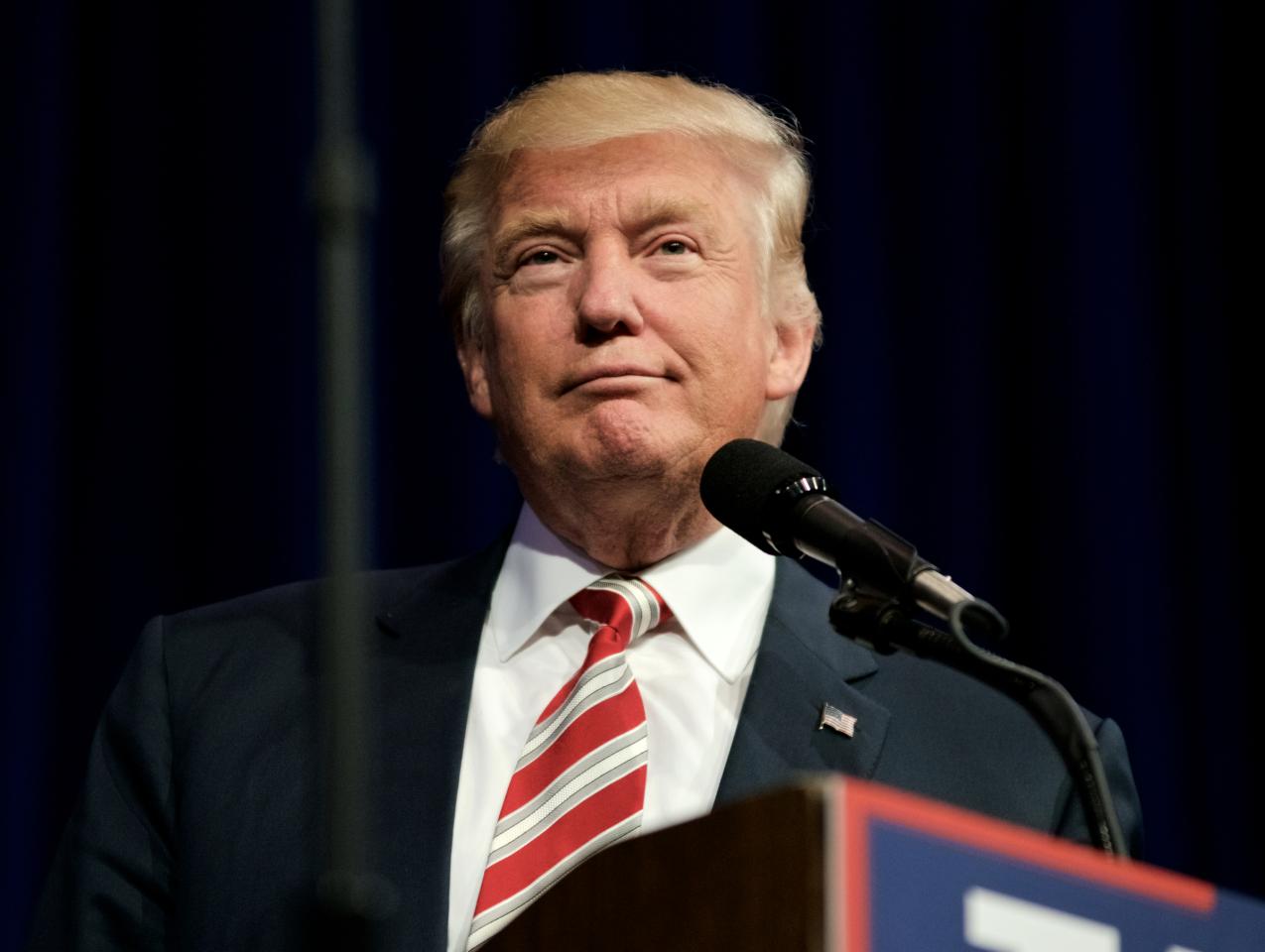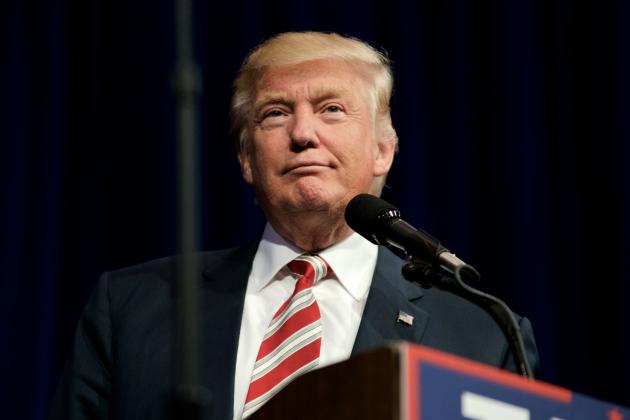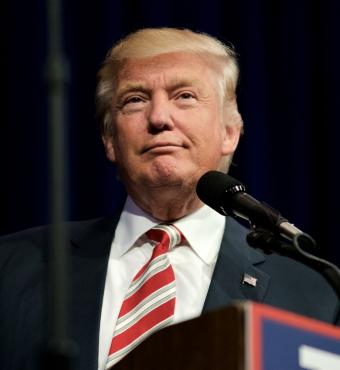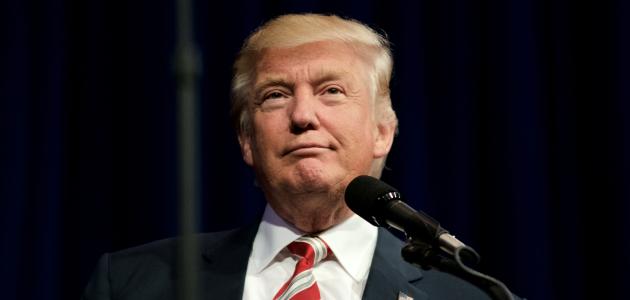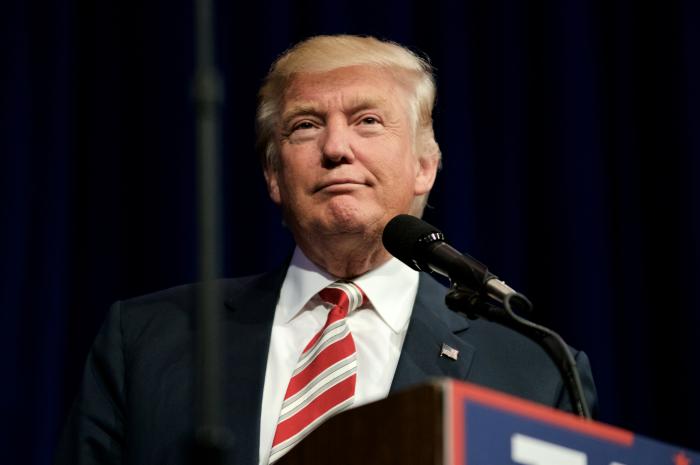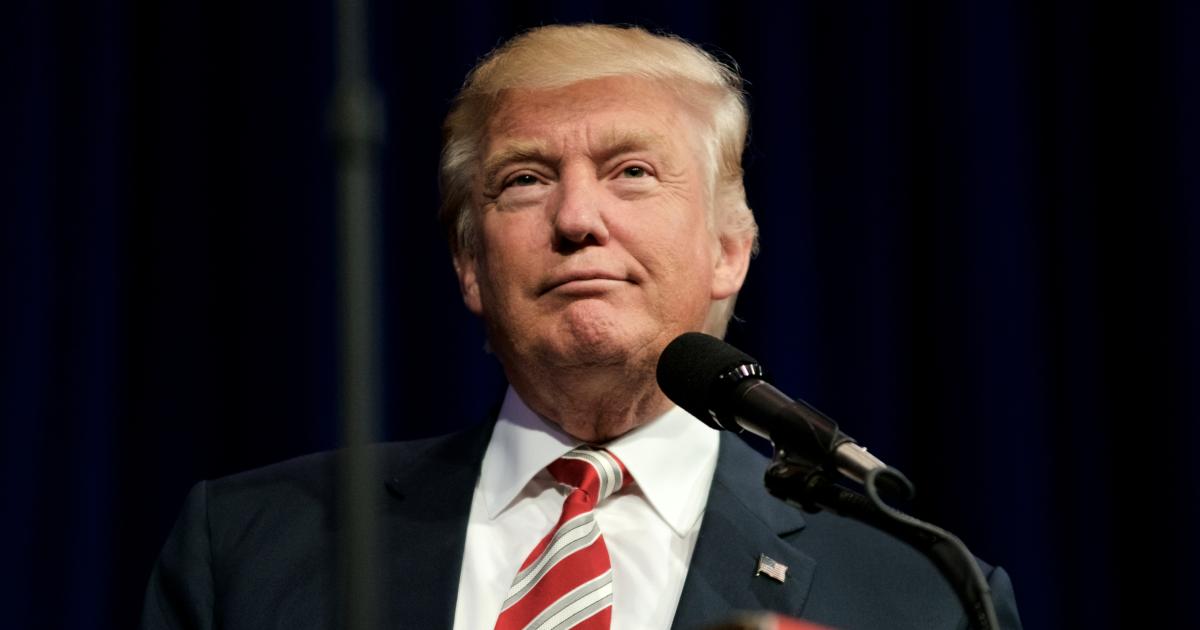- Politics, Institutions, and Public Opinion
- The Presidency
- State & Local
- California
Dear Governor Newsom:
First, I’d like to wish you a productive and prosperous 2020. It’s your second year in office; you have an ambitious agenda and, thanks to a strong economy and a generous revenue stream, the resources to make some of that vision a reality. Good luck making that so.
You also have some difficult choices to make—in particular, with regard to California’s economy, as other writers discuss in this installment of Eureka.
What I’d like to draw your attention to in this space is the significance of California governors’ sophomore seasons—what your second year in office could say about your tenure as California’s fortieth governor.
Let’s review what your most recent predecessors experienced in their second years in the governor’s office. In 2012, amid a slowly improving economy, Jerry Brown stood his ground on spending cuts and convinced voters to approve a “temporary” tax increase that’s a big contributor to the revenue tailwind you presently enjoy.
In 2005, Arnold Schwarzenegger made the mistake of calling a special election that was to his political prestige what Acme products were to Wile E. Coyote. He finished the year licking his wounds and scrambling to recover in time for his reelection the following November.
In 2000, Gray Davis signed off on a budget replete with positive headlines (more money for the safety net and public schools). What the headlines didn’t note: Davis allowed state General Fund expenditures to rise by 37.6 percent in his first two years while revenues rose by 29.6 percent. Three years later, he was out of a job.
In 1992, Pete Wilson engaged in a sixty-four-day budget standoff with the state legislature’s leadership that compelled the state to issue IOU’s (there would be longer stalemates during Schwarzenegger’s final three years) and drove his approval rating into the toilet.
The defining act of your second year office, Governor Newsom? Don’t let it be meddling in the presidential election by obsessing over the current occupant of the Oval Office.
There’s a role for you to play in national politics, Governor. Your endorsement could prove vital in the lead-up to California’s March 3 primary. I’ll be shocked if you don’t get a star turn at July’s Democratic National Convention in Milwaukee, to talk about California’s progressive march. Before then, you’ll probably also appear on a few lists as the media engage in its quadrennial “veepstakes” speculation.
But as we move deeper into this election year, what I’m hoping you’ll avoid are Twitter exchanges such as this one that occurred in late January:
President Trump tweeted: “Are you better off now than you were four years ago? Almost everyone say[s] YES.”
After which, you soon replied:
“Daily Lies. Border walls. Muslim bans. Kids in cages. NRA groveling. Asylum denying. Fear mongering. Dictator praising. Border wall building. LGBT discriminating. Healthcare stripping. Climate change denying. Going to go with . . . NO.”
Why does this exchange concern me?
Because, your job is to look after California. And while some of your talking points apply to California, others don’t. What your reply sounds like: one of your fellow Democrats currently in the nomination hunt.
About running for president, Governor: here in California, folks love to speculate about your upward arc. And indeed there’s a path. But it begins in 2021, assuming the Democratic presidential nominee fails to oust Trump, then begins in earnest the moment after you’ve been reelected the following year (which I’m assuming, because it’s been nearly eighty years since California turned its back on a first-term governor).
It’s called the long game—and sometimes politicians misplay it. Just ask any Democrat not named Bill Clinton who took a pass on the 1992 presidential election, thinking George H. W. Bush was impregnable and an open race in 1996 would be an easier path to the White House.
By the way, you may not be the only California Democrat playing this game. Your friend Sen. Kamala Harris, whom you endorsed a year ago at this time and whose presidential campaign ended in early December, would seem primed for another go if indeed Trump becomes a two-term president.
Harris is lucky in at least one respect—now that she has dropped out of the race, she can return to quietly toiling away at shoring up a weakness: her lack of a substantive record during her time in Washington.
As California’s governor, your job is anything but quiet. News happens almost every day, whether it’s of your making or not. Still, like Sen. Harris, you need to think about your record. And that begins with a matter that I know concerns you: the health of California’s economy (you’ve suggested that a slowdown could be ahead).
Two of the companion columns in this issue of Eureka deal with economic impact—AB 5’s effect on the gig economy; what happens within the state’s business community (i.e., how many employers leave the state if your political allies move ahead with a “split-roll” initiative rewriting Proposition 13).
Delving into the economy isn’t always the most scintillating form of governing. It means taking a deep dive into California’s tax and regulatory climate (earlier this year, you suggested revisiting the state’s tax structure). It also wouldn’t hurt to do a “listening tour” of the state—listen to employers as to what aspects of the California existence are most injurious to their trade.
But let’s suppose you attempt a grand bargain on taxes. Finding consensus among the various warring factions—legislators, teachers’ unions, the business community—would show that you can deliver in ways that Washington can’t. And it would make for a nice bragging point come the time you hit the campaign trail.
Preferably, not too often in the 2020 presidential cycle.







